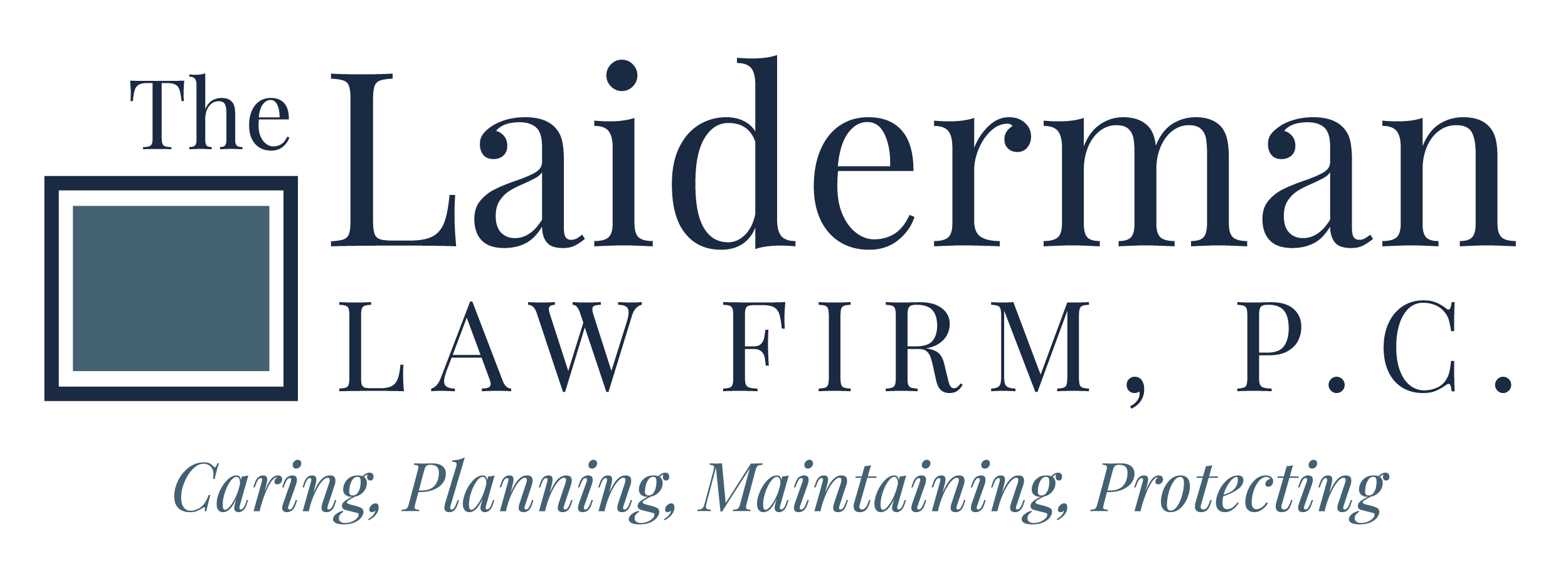A family has set up their estate plan. Two sons are already in the family business (farming) and are thriving. Their daughter will receive the proceeds from a second-to-die life insurance policy and their considerable savings. The amounts are not equal in amount, but they are an equitable inheritance, and it seems like the couple has done its homework.
However, asks an article in The Courier, “The will is done, you’re sitting pretty—but are you?”
Estate planning is a lot like putting together a jigsaw puzzle. Like a business, it gets put together over time, piece by piece. Each piece represents something that needs to be done. For instance, a key part of the puzzle is having a living trust. That functions like building the outside frame of the puzzle, for those who start their puzzles by building the perimeter first. It frames the rest of your estate plan.
Other pieces are included within the trust, like naming a successor trustee. This is the person who is in charge of distributing your assets and making sure that the directions in your trust are followed, when you pass away.
Do you have a plan for what happens when you die? For instance, if a husband dies, is there a plan for the wife to maintain the farm, or will she sell machinery and other transitory assets?
For the couple mentioned above who has the trust, a transition spelled out in the trust and a second-to-die policy in place to supplement the daughter’s inheritance, congratulations: they have many pieces of the puzzle in place. However, that’s not everything.
The other parts of the puzzle have to do with issues while the couple is still living. What happens if one or both are injured, or become ill? Who should take over the farming in the short or long term? Who will care for the spouse or spouses? Will they depend on each other for caretaking, or their daughter? This piece of the estate planning puzzle—preparing for illness or disability—is often missing, and it can turn the rest of the estate plan into a pile of unattached pieces. A trust and coordinating powers of attorney will address these issues.
The number one worry for seniors is whether they have enough money to last until they die. However, by taking a portion of their savings and investing in a long-term care insurance policy, they can rest assured that they or their spouse will get the care they need—in a nursing home or at home—without burning through the family’s savings.
Speak with an estate planning attorney today to make sure your estate plan does not have any missing pieces. If you have not recently reviewed your estate plan in the last three or four years, schedule a review. Changes in the law and changes in your own life may make your old estate plan out of date and may no longer achieve the goals you had in mind.
Reference: The Courier (Sep. 4, 2019) “The will is done, you’re sitting pretty—but are you?”


